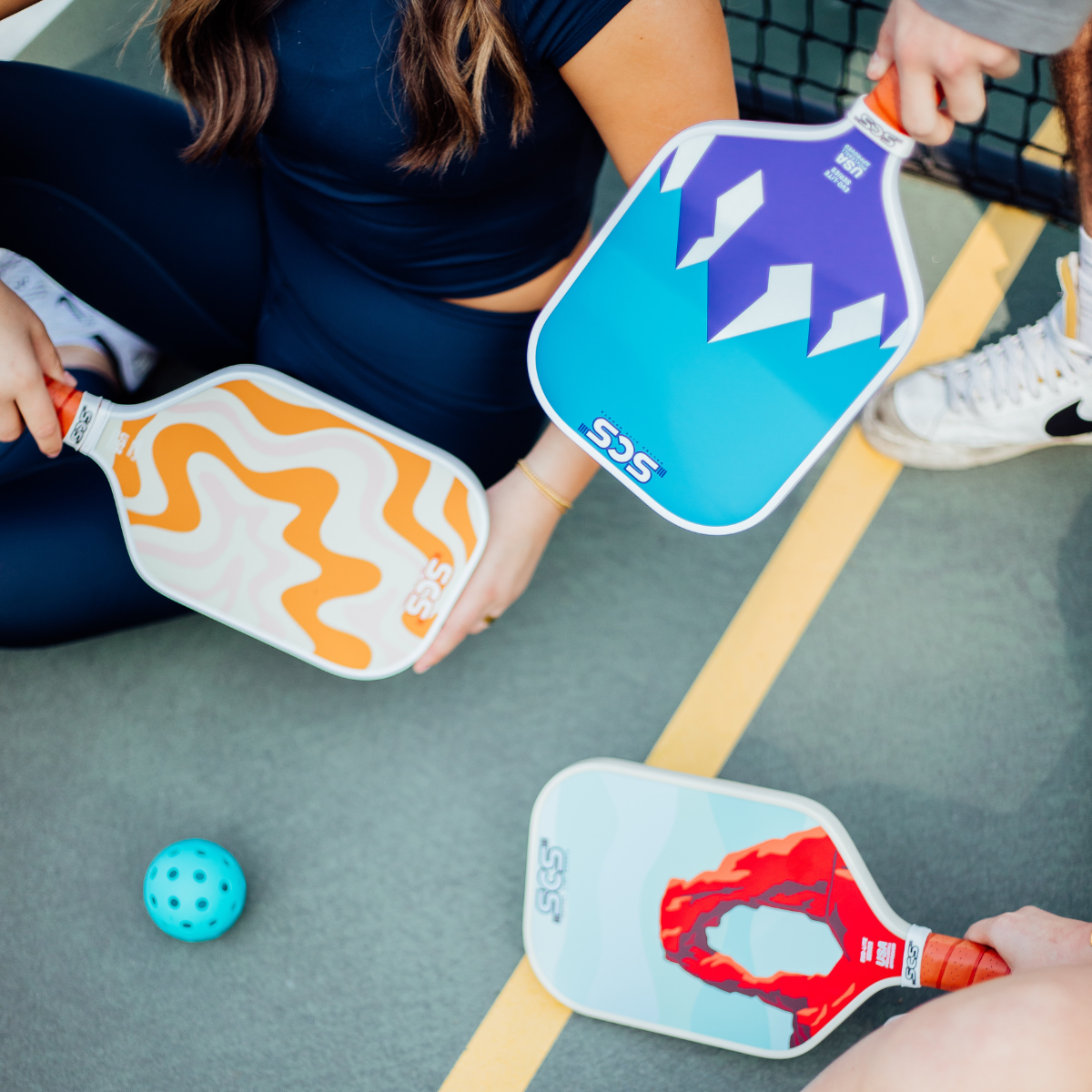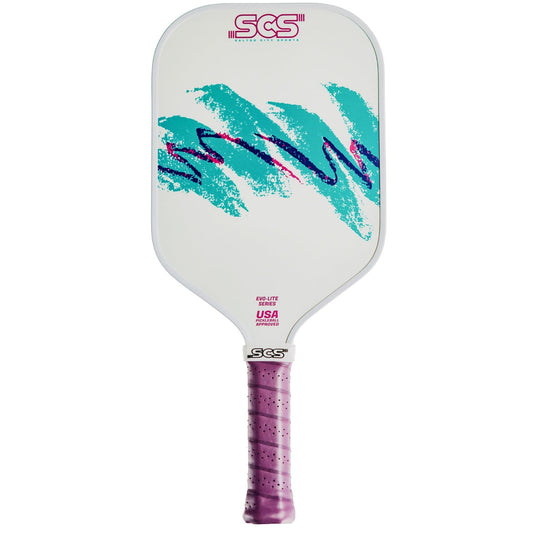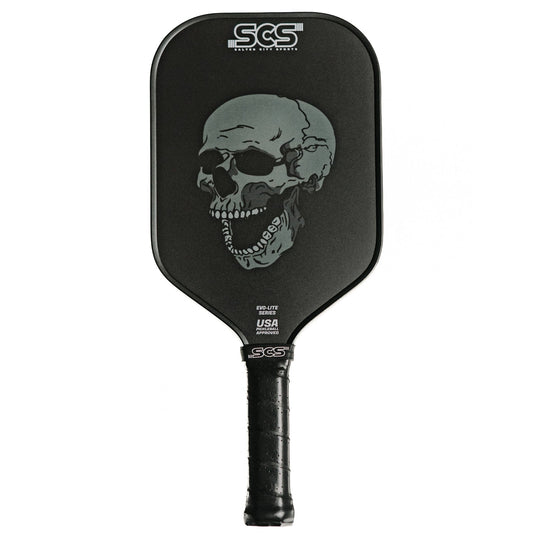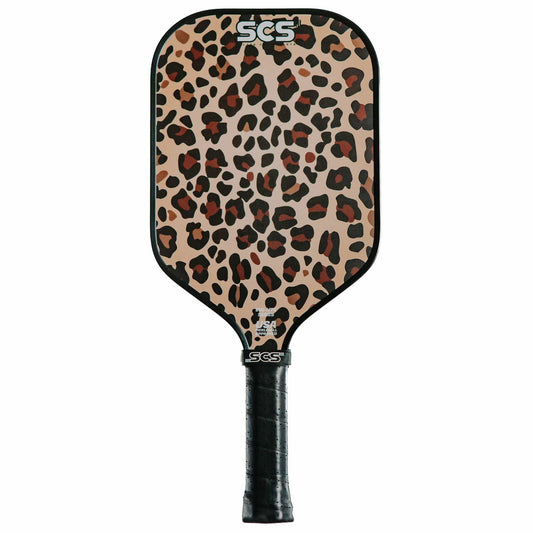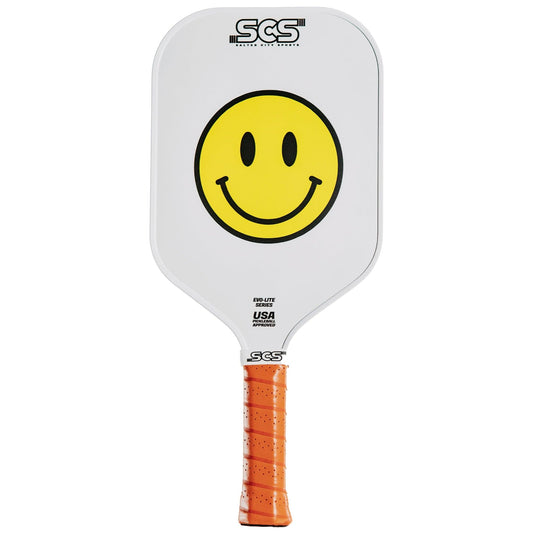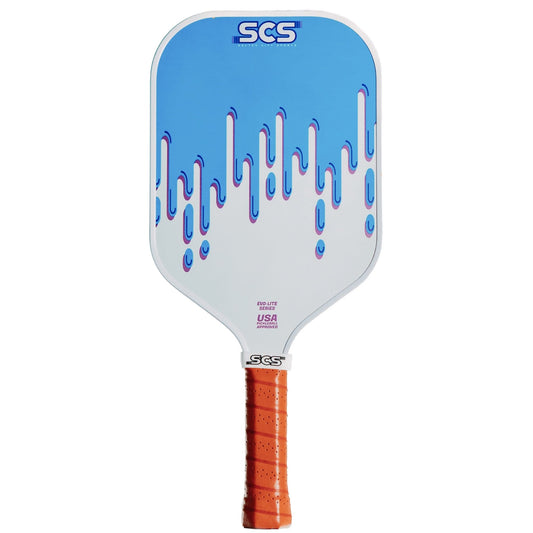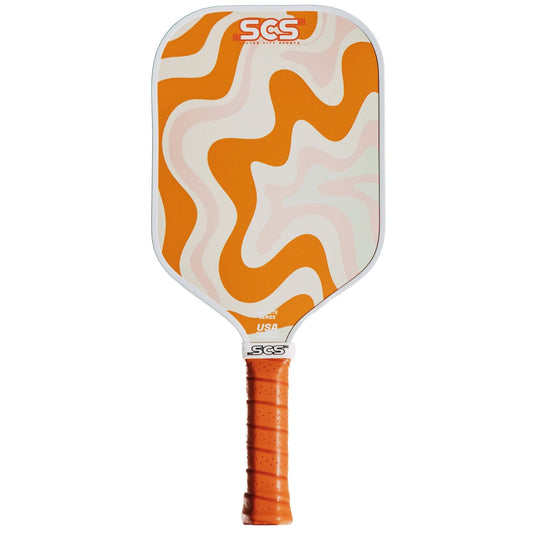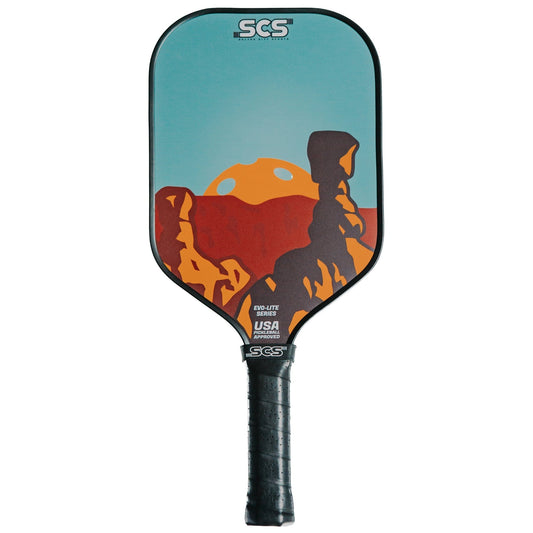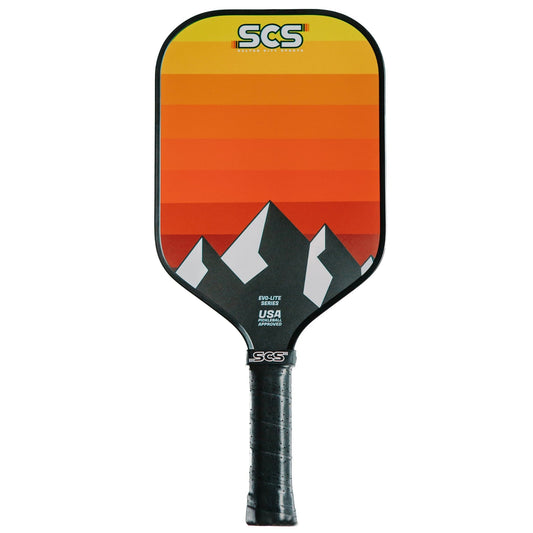Step onto any pickleball court, and you’ll hear the rhythmic pop of paddles meeting balls, bursts of laughter, and conversations flowing between points. Unlike other sports where competition takes center stage, pickleball thrives on interaction. Players chat, rotate partners, and celebrate good shots—whether they made them or not. But the magic of this sport extends far beyond the lines of the court. The pickleball community has become a thriving hub where friendships form, events bring people together, and the social benefits of pickleball ripple through every aspect of the game.
A Sport Designed for Connection
At its core, pickleball is built for interaction. Played on a compact court, the game encourages face-to-face engagement. Doubles matches dominate recreational play, ensuring that teammates and opponents alike share in the experience. The short volleys, fast-paced exchanges, and natural pauses create endless opportunities for conversation.
Unlike sports that require years of skill development before a player feels comfortable, pickleball welcomes all experience levels. A beginner can step onto the court and, within minutes, find themselves engaged in a rally with an experienced player offering tips or encouragement. This openness fuels a sense of belonging, making it easy for new players to integrate into the pickleball community.
More Than Just a Game: Pickleball as a Social Hub
Whether it’s casual games at the local park or highly structured leagues, the social benefits of pickleball extend well beyond the court. The sport has given rise to clubs, organized play, and events where players connect in ways that go far beyond a friendly match.
Pick-Up Games and Open Play
In most communities, you don’t need a set partner or prearranged match to enjoy the game. Public courts often host open play, where players rotate in and out of games, ensuring fresh matchups and new connections. Unlike traditional tennis, where reserved courts and structured play dominate, pickleball’s open format fosters spontaneous social interaction. Walk onto a court, introduce yourself, and you’ll likely leave with new friends.
Pickleball Clubs and Community Events
For those looking to deepen their involvement, local clubs provide structure and a sense of belonging. These groups often host meetups, social gatherings, and friendly tournaments where competition takes a backseat to camaraderie. Many clubs also organize charity events, using the game as a vehicle to bring people together for a cause.
Annual pickleball festivals and tournaments draw players from different regions, turning the game into a social event that extends across communities. These gatherings highlight the inclusivity of the sport, reinforcing that pickleball isn’t just about playing—it’s about connecting.
Leagues That Foster Lasting Bonds
Competitive leagues offer another layer of social engagement, creating an environment where players see each other regularly, strategize together, and build lasting friendships. Teams form tight-knit bonds, often gathering for post-game dinners or weekend practice sessions that blend sport with social life. Even in more competitive settings, players cheer for one another, offering support and encouragement that strengthen the pickleball community.
A Game That Bridges Generations
Few sports bring together people of all ages quite like pickleball. It’s common to see teenagers rallying with retirees, parents playing alongside their kids, and grandparents introducing the game to younger family members. The accessibility of the sport, with its easy-to-learn mechanics and low-impact nature, makes it an ideal activity for multi-generational participation.
Younger players bring energy and agility, while older players offer strategy and experience. The result? A dynamic social exchange where mentorship flourishes, and generations interact in ways that extend beyond the game itself. The pickleball community thrives because of this unique blend, ensuring that no one feels out of place, regardless of age or ability.
The Emotional and Mental Boost of Social Play
Beyond the physical activity, the social benefits of pickleball contribute significantly to mental well-being. Studies show that social engagement through sports reduces stress, combats loneliness, and improves overall mood. The act of stepping onto the court, sharing a laugh after a great rally, or simply knowing that a welcoming group is waiting for you provides a sense of purpose and belonging.
For many, pickleball becomes more than a hobby—it’s a support system. Players celebrate victories together, offer encouragement after losses, and form friendships that extend beyond scheduled games. The emotional benefits of being part of the pickleball community are as powerful as the physical ones.
Ready to Join the Pickleball Community?
Whether you’re looking for a fun way to stay active, hoping to expand your social circle, or simply curious about the game, there’s a place for you in the pickleball community. Find a local court, join an open play session, or connect with a pickleball club in your area—you might just discover a sport that brings more than just competition into your life.
Looking to get started? Reach out to Salted City Sports for recommendations on local pickleball groups, upcoming events, and the best ways to jump into the game. Let’s get you on the court and connected!
FAQs
Is pickleball a good way to meet new people?
Absolutely! The game’s social nature encourages conversation and makes it easy to connect with fellow players, whether at casual games or organized events.
Do I need to bring a partner to play pickleball?
Not at all! Many public courts and clubs offer open play, where players rotate partners and meet new people throughout the session.
Are there pickleball leagues or groups for beginners?
Yes! Most communities have beginner-friendly leagues and clubs where new players can learn, practice, and find a welcoming environment.
How do I find a local pickleball community?
Check with community centers, search for pickleball Facebook groups, or visit Meetup to find local games and clubs near you.
Is pickleball a good sport for seniors looking to stay active and social?
Definitely! It's low-impact nature makes it accessible for all ages, and the social engagement provides both physical and mental benefits.
